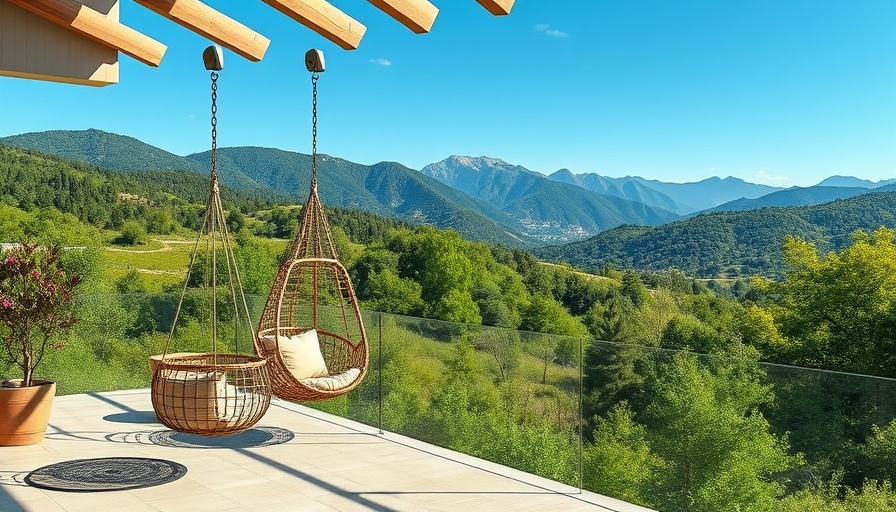
Innovative Winemaking: Stonevik's Natural Approach
At a height of 3,000 feet in the Andes, the VIK Winery has introduced a revolutionary approach to winemaking with the launch of Stonevik. Nestled in the Millahue Valley, this pioneering winery emphasizes an all-natural aging process. Using amphorae made from locally sourced clay, the wines age underground, untouched by human intervention. This method caresses the land's elemental influences, producing what they proudly label as "the ultimate natural wine, crafted by nature, in nature." This represents a significant shift towards sustainability, embodying the wine industry’s growing trend towards eco-friendly practices.
The Genesis of a Visionary Winery
Founded in 2004 by Norwegian entrepreneur Alexander Vik, the VIK Winery began with the intent of discovering some of the world’s finest Bordeaux-style red wines. It took two years of searching for the ideal terroir before the Viks found the pristine beauty of the Millahue Valley. With a commitment to excellence, they invested in both land and local talent to cultivate exceptional grape varieties, ensuring that their wines reflect the unique microclimates of their location.
Integrating Art, Architecture, and Nature
A key aspect of the VIK experience is its synergy of winemaking, art, and architecture, crafted within an untouched natural landscape. The avant-garde winery, designed by Chilean architect Smiljan Radic, exemplifies a respectful partnership with the environment—demonstrating a modern understanding of sustainability in the wine production process. The unique design minimizes environmental impact while enhancing visitors' experience, merging comfort with breathtaking views.
A Future Driven by Sustainability and Innovation
As the world increasingly values sustainable practices, VIK Winery is poised to disrupt the global wine market. Their commitment to minimizing environmental impact aligns with broader trends in the food and beverage industry, where consumer preferences favor eco-conscious brands. This strategy not only sets them apart but also positions VIK to become a leader in wine innovation, attracting visitors and investors alike.
Actionable Insights for Business Professionals
For business professionals, the story of VIK Winery highlights several critical strategies: leveraging unique geographic advantages, investing in innovative sustainable practices, and creating user experiences that resonate with contemporary consumers. These principles can serve as guiding factors in launching successful ventures in various sectors, especially in line with emerging global market trends focused on sustainability.
As we navigate a future defined by climate consciousness, embracing sustainability in business strategies will not only elevate a company’s profile but also contribute to a healthier planet. The VIK Winery’s example serves as an inspiring case study for industries looking to innovate responsibly.
 Add Row
Add Row  Add
Add 



Write A Comment